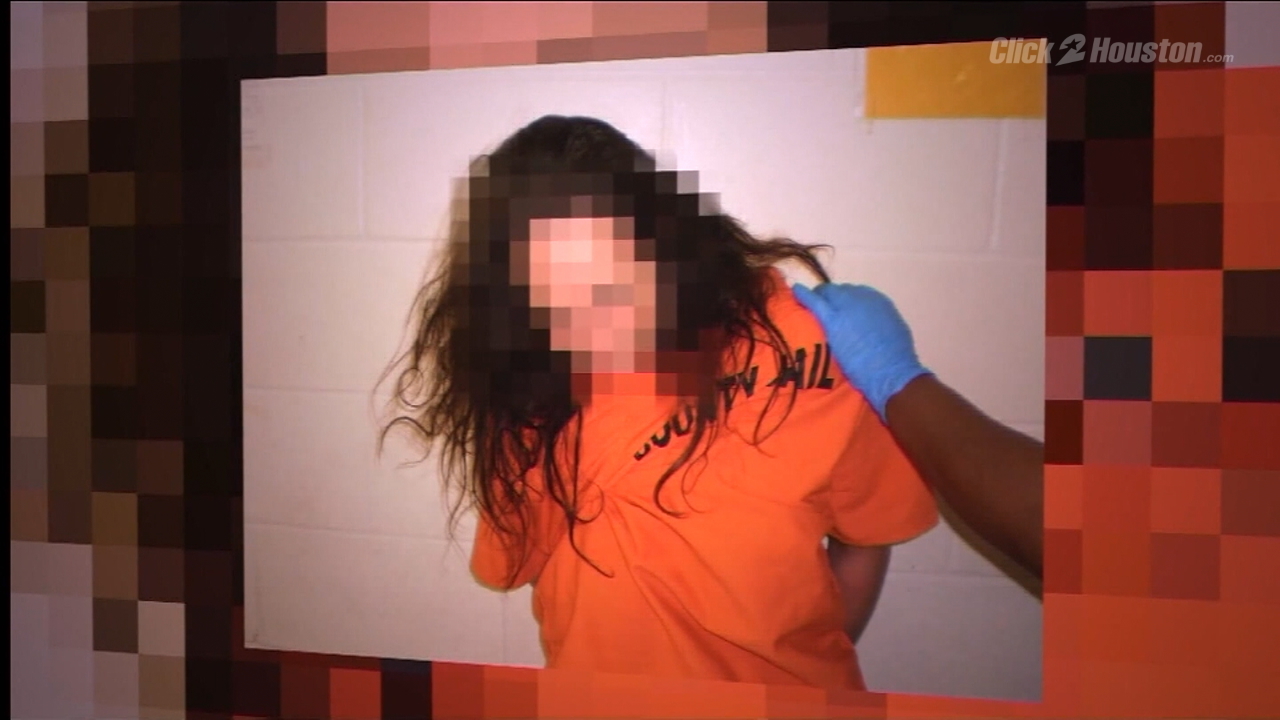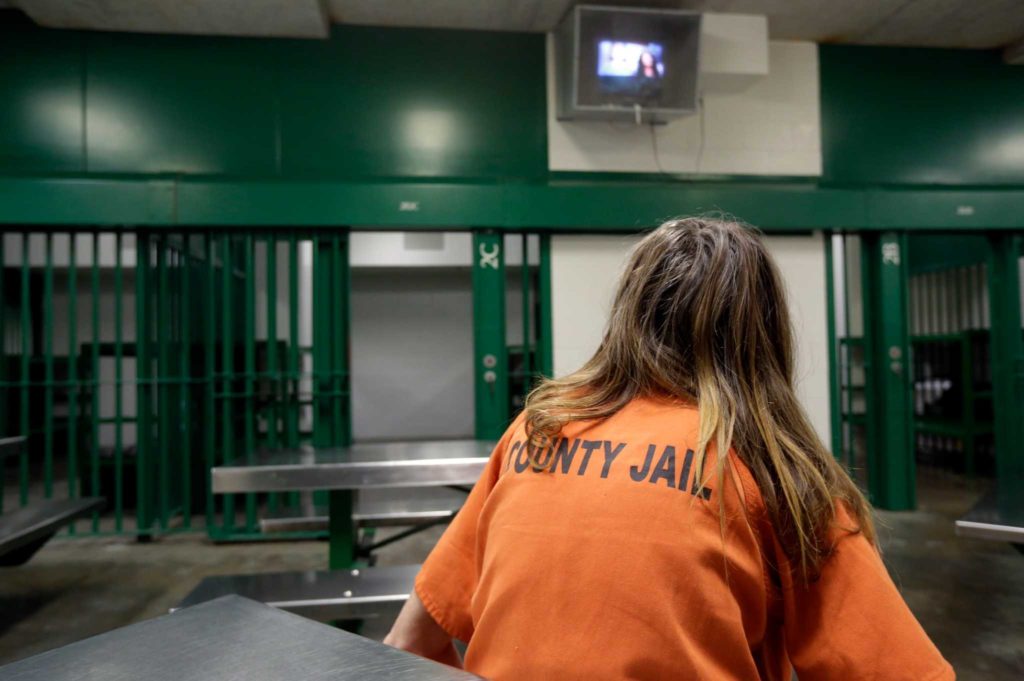
Harris County, Texas, is a “special” place for criminal justice. Out of 3000 counties across the United States, Harris County boasts both the highest number of executions, by far, in the past twenty years and the highest number of life-without-parole sentences of any county in Texas, again by far. Harris County Juvenile Justice Center is dangerously overcrowded, largely with so-called low-risk African American children. Harris County Jail is dangerously overcrowded, “thanks” to a vicious cash bail system that dumps the poor into jail and then keeps them there. Harris County, Texas, built a special hell for women. Jane Doe aka Jenny, said NO! Why did she have to say anything in order to receive a modicum of respect and dignity? In Harris County, Texas, criminal justice is truly criminal.
In 2013, in Houston, Texas, Jane Doe was raped. Jane Doe lives with bipolar disorder. In December 2015, Jane Doe testified against the man who raped her. Midway through her testimony, she broke down. Initially, Jane Doe was involuntarily committed to a psychiatric ward. Once “stabilized”, Jane Doe was sent to the Harris County Jail, where she stayed for 28 days. Why was Jane Doe sent to jail? The court had a holiday break coming up, and the prosecuting attorney dumped Jane Doe in jail so that she would complete her testimony. Jane Doe “was imprisoned in the hellhole of the Harris County Jail for no reason other than being a rape victim who struggles with a mental disability.”
In her month in jail, Jane Doe was assaulted, insulted, verbally abused, demeaned, and worse. She was put in with the general population, even though there is a mental health unit in the jail. She was assaulted by staff who said they were confused and thought she was the rapist. Apparently, that would have justified the violence. Jane Doe was in the same county jail as the man who raped her: “Her rapist was not denied medical care, psychologically tortured, brutalized by other inmates, or beaten by jail guards.”
After all of that abuse, Jane Doe did as she had done all along. She cooperated with officials and completed her testimony, in January 2016.
In July 2016 Jane Doe sued Harris County, Texas, for the abuse and torture she experienced in jail. In July, “Jane Doe” was renamed “Jenny”, perhaps to distinguish her from all the other Jane Doe’s in Texas, and they are legion. Jenny’s mother sued Harris County as she pushed legislators to do something about the nightmare situation. In April 2017, the Texas Senate unanimously and without debate approved “Jenny’s Law” which would require a defense attorney be appointed for witnesses and victims and that would receive a full hearing before a judge could sign a writ of attachment and send them off to jail in order to secure their testimony at trial. Jenny’s mother wrote, “Putting a victim in jail should never be an option. Today Jenny is still struggling with the entire trauma she endured by the rapist and also being re-victimized by the justice system.”
Jenny’s Law took effect September 1, 2017, four years after Jenny was raped. In December 2017, Jenny’s family sued the local hospital for colluding with the local prosecutor by discharging her when she was clearly incapacitated and effectively sending her into the Harris County Jail. That struggle continues.
Even those who support Jenny’s Law continue to argue that she was “lost in the system.” Jenny was not lost in any system. The system worked exactly according to its design. Why was Jenny in jail? Because her mother couldn’t come up with the $15,000 bail. Why did no one in authority think it wrong to jail a woman suffering a breakdown? Why does it take a law to give a woman due process, as guaranteed by the United States Constitution? Why does it take two years to pass that law? The State of Jane Doe passed Jenny’s Law. The State of Jane Doe is not yet concluded. Texas built a special hell for women inside the hellhole that is Harris County Jail.
(Photo Credit: Click2Houston)
